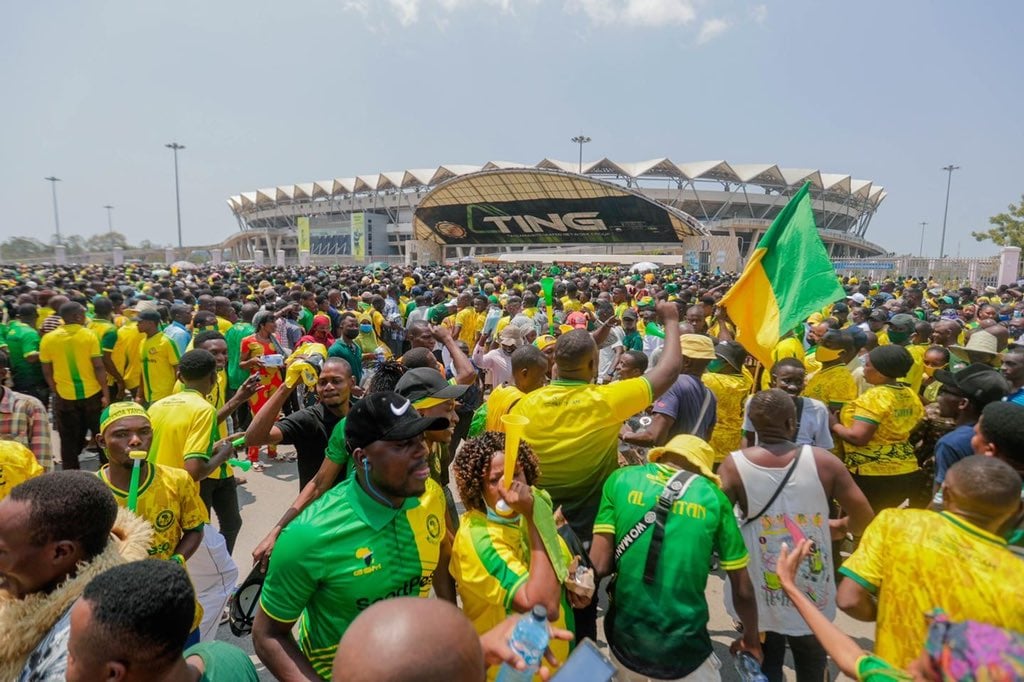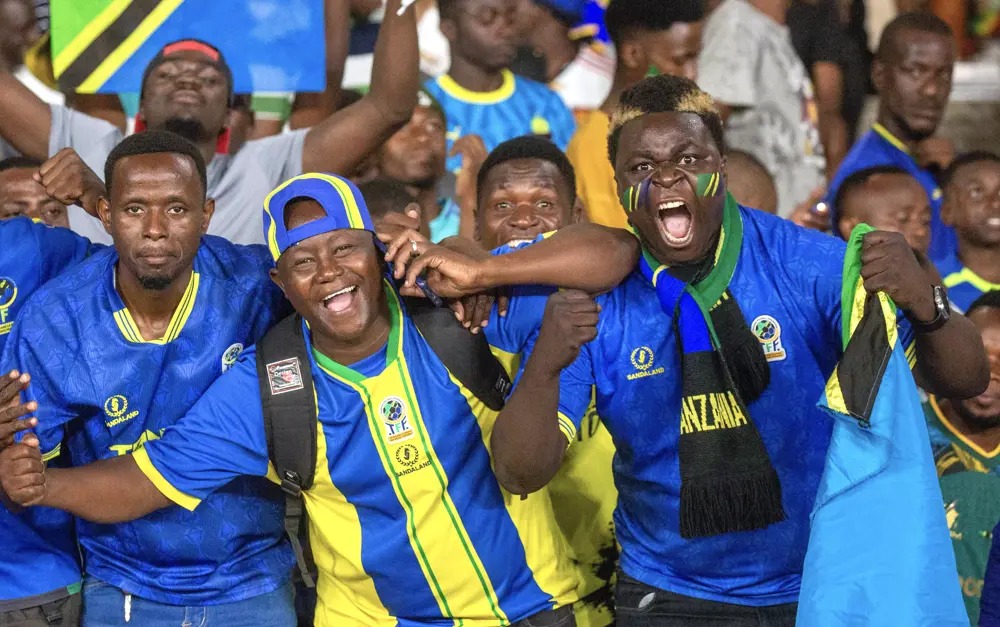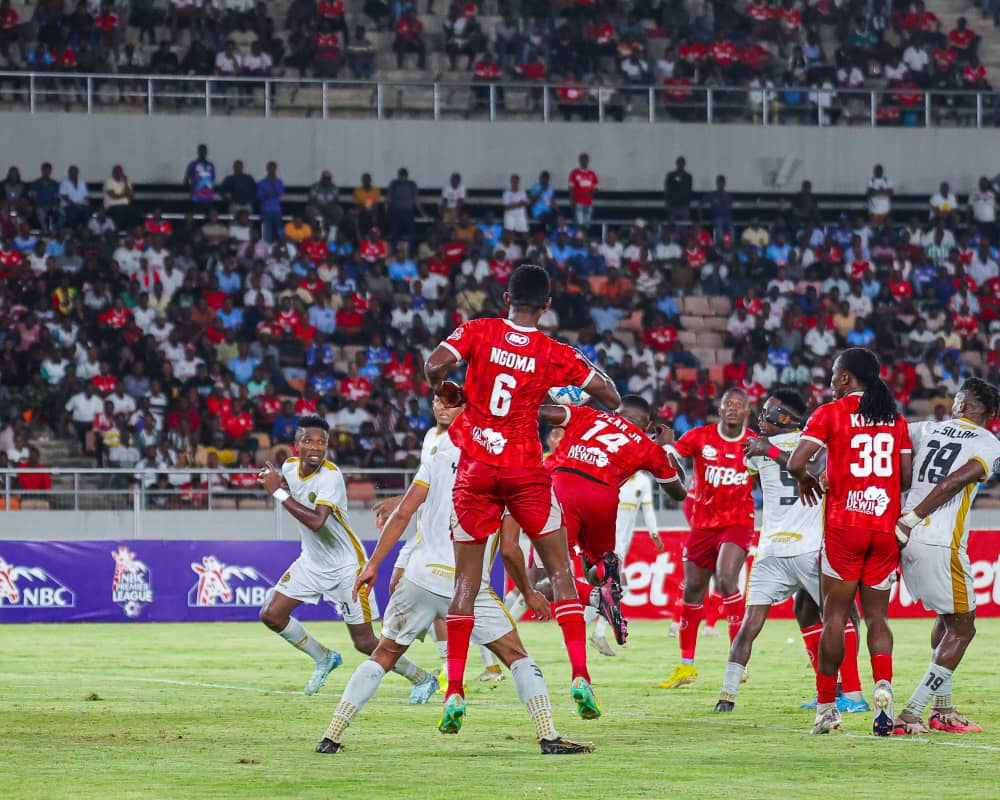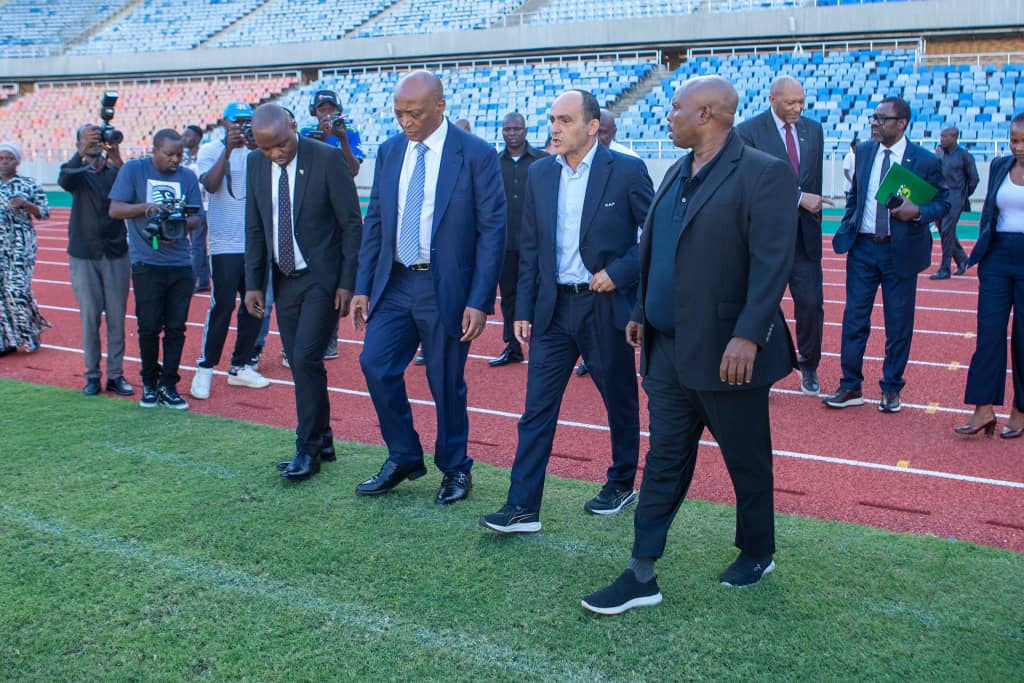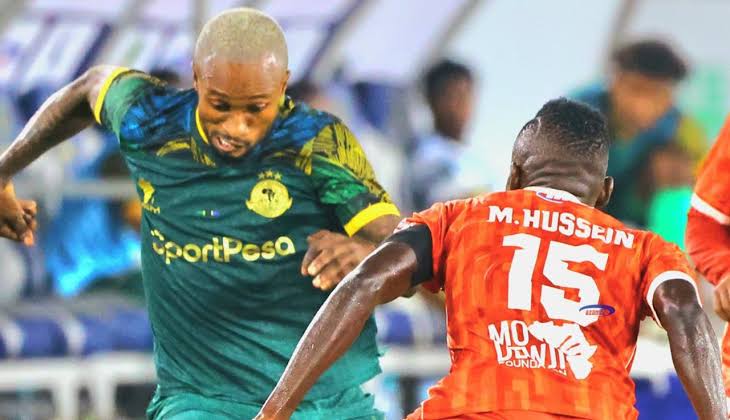Dar es Salaam. In sports, not every club can create a festival that builds history, unites fans, and becomes part of national identity. But in Tanzania, Simba has done it once again and with great success.
Through Simba Day, the club has pioneered a cultural revolution by being the first to establish a tradition that has now spread across East Africa.
The festival, held annually before the start of the new season, gives fans and stakeholders a chance to witness their team’s new signings and preparations.
Simba Day is more than just a sporting event; it is a social, cultural, and economic celebration.
It is a day when millions of fans from across the country and beyond come together with one goal to express their loyalty and passion for their beloved club before the new season kicks off.
Since its inception in 2009, the event has grown from a routine pre-season presentation into one of the biggest sporting spectacles on the East African calendar.
Each year, Simba Day showcases new players, unveils new kits, features top entertainment from leading musicians, and hosts an international friendly.
This season, Simba will take on Gor Mahia, with Bongo Flava star Mbosso set to perform.
But Simba’s legacy does not begin with Simba Day. This is a club with nearly a century of history, 89 years marked by triumphs, struggles, and resilience.
It has laid the foundation for Tanzanian football, represented the country on the international stage, and produced iconic players such as Mbwana Samatta, who currently plays professional football in France.
Over the course of its 89 years, Simba has accumulated an impressive record: 22 Tanzania Mainland Premier League titles, three FA Cups since its return, and unmatched consistency in international competitions among East African teams.
This article explores the history of Simba Day, the club’s broader successes, its records, its social influence, and how Simba has transformed the image of Tanzanian sports.
The Birth of Simba Day
When Simba Day was first launched in 2009, it was more than just a matchday.
The idea, initiated by then-chairman Hassan Dalali and secretary-general Mwina Kaduguda, was to create a platform that would unite the club, strengthen institutional identity, and prepare for the season ahead.
For years, Simba had started seasons quietly, with little fanfare, something that limited enthusiasm among fans. The leadership saw this gap and sought to fill it with a grand annual celebration.
According to Kaduguda, Simba Day was not only meant to present the squad but also to create a true bond between the club’s leadership, players, fans, and stakeholders.
The festival was also designed to build a long-term institutional identity, strengthen community ties, and generate revenue through sponsorship and business ventures.
The very first Simba Day took place on August 8, 2009, featuring a friendly against Uganda’s SC Villa. Simba won 1–0, with Kenyan midfielder Hilary Echessa scoring the only goal.
Beyond football, Simba Day has expanded to include social initiatives such as donations to orphanages, blood drives, and environmental clean-up campaigns.
This has cemented the club’s social image, showing that Simba’s success extends beyond the pitch and touches lives directly.
Achievements and Records
Simba has earned its place as one of Tanzania’s and East Africa’s most successful clubs.
Since the start of the Premier League in 1965, then known as Sunderland, Simba has won 22 league titles, second only to their eternal rivals Yanga, who have 31.
The club has also lifted the FA Cup three times since its revival:
2016/17: defeating Mbao FC 2–1
2018/20: defeating Namungo FC 2–1
2020/21: defeating Yanga SC 1–0
Simba has also won the Community Shield 10 times (2002, 2003, 2005, 2011, 2012, 2017, 2018, 2019, 2020, and 2023), the Mapinduzi Cup three times (2011, 2015, 2022), and the CECAFA Kagame Cup six times (1974, 1991, 1992, 1995, 1996, and 2002), finishing as runners-up on seven occasions.
Internationally, Simba has been East Africa’s most consistent representative in CAF competitions since the 2018/19 season, reaching the quarterfinals seven times, including the inaugural African Football League hosted at Benjamin Mkapa Stadium.
Their greatest continental achievement came last season under coach Fadlu Davids when Simba reached the CAF Confederation Cup final, narrowly losing 3–1 on aggregate to Morocco’s RS Berkane.


